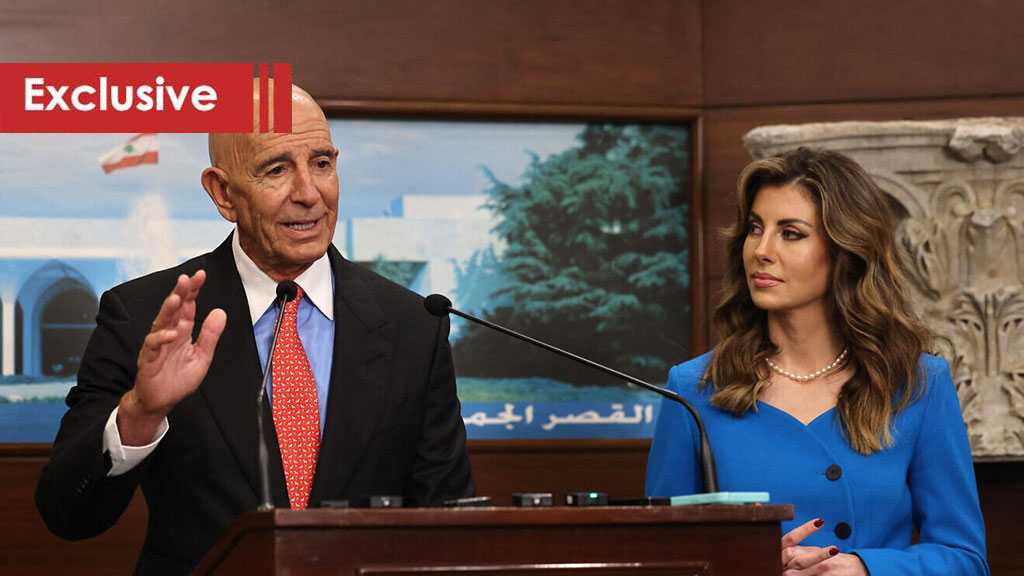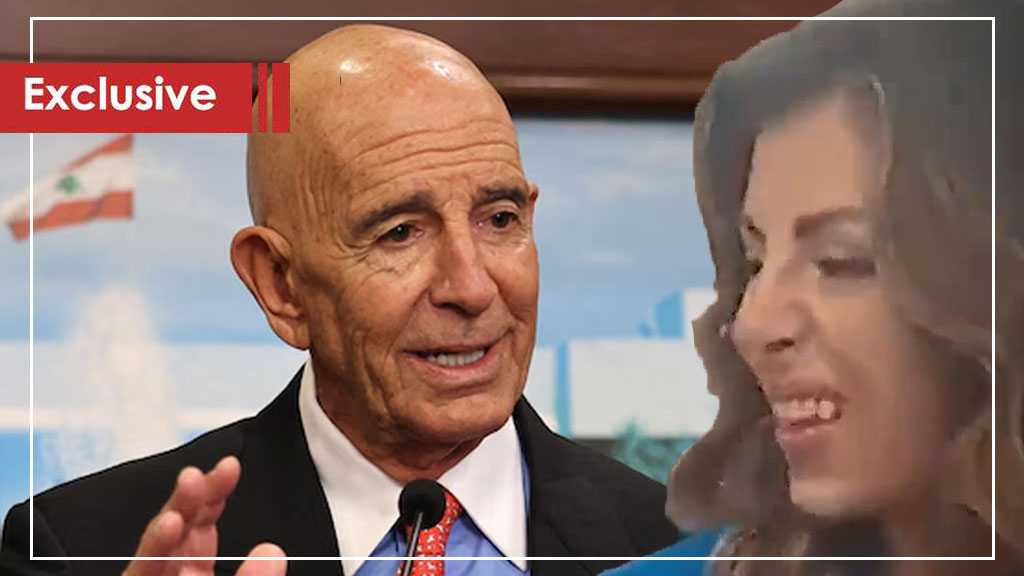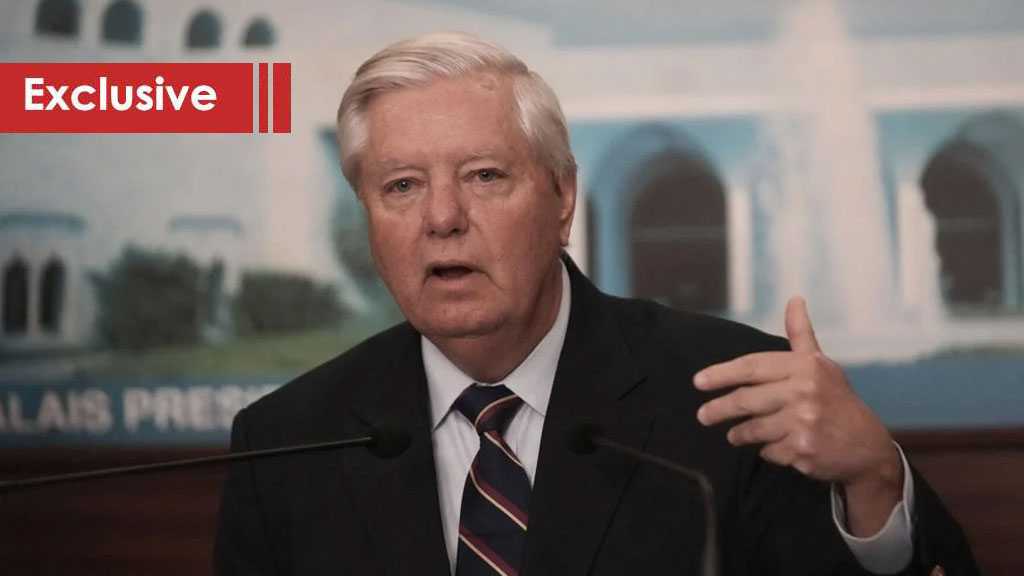Trump, Epstein and the Blackmail Presidency

By Mohamad Hammoud
Lebanon – When Donald Trump launched his 2024 comeback campaign, he positioned himself once again as the ultimate outsider—betrayed by the system he once led and now determined to dismantle it. Among his most dramatic promises was to “release every page” of the Jeffrey Epstein archive. Crowds roared. But six months into his second term, that file remains sealed, even as public pressure to release Epstein-related documents intensifies. The Justice Department now claims the list “does not exist”.
This raises several questions: Why the retreat? What has changed? Why is Trump, who once promised transparency, now choosing silence?
The Guest List That Won't Die
Shortly after being disinvited from a White House summit, Elon Musk posted—and then quickly deleted—a bombshell claim: that the FBI's Epstein guest list from 2002 to 2005 includes the name Donald J. Trump. Though the post vanished, screenshots spread rapidly across social media. The FBI has refused to confirm or deny the list’s existence, citing an “ongoing investigation”—a phrase many view as bureaucratic theater.
The Letter That Set Off Alarms
Just days later, on July 18, the Wall Street Journal published a facsimile of a handwritten 2003 birthday note from Trump to Epstein. Signed "Donald" beneath a naked silhouette, it read: "Happy Birthday—and may every day be another wonderful secret." The White House immediately denounced the letter as a fake and malicious document. Yet insiders confirmed Trump personally called News Corp twice, demanded a retraction, threatened to pull federal advertising and is preparing a $10 billion lawsuit against Rupert Murdoch and News Corp.
The intensity of Trump's response raises the question: Why fight so hard to suppress a letter the president claims he never wrote?
Why the Wall Street Journal Is Targeting Him Now
The Wall Street Journal is not typically known for reckless reporting, especially when it comes to Republican figures. Its decision to run the story on page A1 was deliberate. While the full contents of the birthday letter remain undisclosed, the implication is clear: Trump had a closer personal relationship with Epstein than he has admitted. The letter may not have been the story itself, but a warning shot.
The Journal's shift signals something deeper: parts of the conservative establishment may no longer see Trump as useful. Some suspect that although Trump delivered major wins to Netanyahu, he may have stepped on unseen toes behind closed doors. If so, the Epstein archive could now be a tool of political leverage, not just against Trump, but as a broader message to any leader who strays from the expected line.
Epstein, Mossad and the Architecture of Leverage
On his podcast, Tucker Carlson asked what mainstream outlets refuse to: How did a college dropout come to own 727s and a private island in the Caribbean? The most plausible theory—no longer confined to conspiracy forums—is that Epstein was working for Mossad, entrapping global elites with underage girls, hidden camera and lavish perks. The goal wasn't just blackmail—it was control.
This theory has taken hold not just in fringe circles but among Capitol Hill insiders and MAGA loyalists. Flight logs and guest records have long included figures like Prince Andrew, Bill Gates and Ehud Barak. But Epstein's reach also extended to powerful Arab leaders—particularly from Gulf monarchies—with deep intelligence ties to both Washington and Tel Aviv.
The implication is chilling: Epstein's network wasn't just a sex ring; it was a geopolitical pressure machine, spanning multiple continents and intelligence services.
A Familiar Pattern: The Clinton Precedent
Veteran Washington insiders recall 1998, when Benjamin Netanyahu reportedly told President Bill Clinton at Wye River, “We know about the girl”. Not long after, Clinton signed a letter affirming “Israel’s” “qualitative military edge”. Whether Monica Lewinsky was placed or simply exploited, the message was clear: leverage works.
Trump's record of loyalty to Netanyahu is extensive. He moved the US embassy to Al-Quds [“Jerusalem”], recognized the Golan Heights, slashed aid to Palestinians and backed “Israel” in nearly every international forum. Yet now, “Israel” may no longer view Trump as a reliable asset. Suppose Netanyahu questions Trump's resolve in a future confrontation with Tehran. In that case, the Epstein archive may serve as the modern version of the Lewinsky file—a quiet but unmistakable threat.
The Base Turns Sour
The blowback among Trump's core supporters has been swift. Charlie Kirk's followers are “flaming mad." Candace Owens called Trump's reversal “a betrayal of every promise made on the trail”. Even Alex Jones, recently allowed back onto Trump's social platform, warned: “The Epstein file is the sword hanging over the Oval Office”.
The sense of betrayal runs deep. Trump campaigned as the destroyer of elite corruption, but now appears not only complicit, but possibly compromised.
The Bottom Line
Jeffrey Epstein is dead, but his dossier is alive—and dangerously active. It holds names, photos, and kompromat powerful enough to reshape foreign policy and crush political careers. Until the whole archive is released—and that seems unlikely as long as both parties fear its contents—US politics will remain hostage to whatever truths lie buried in that Manhattan safe.
Trump promised to drain the swamp. He may now be drowning in it.




